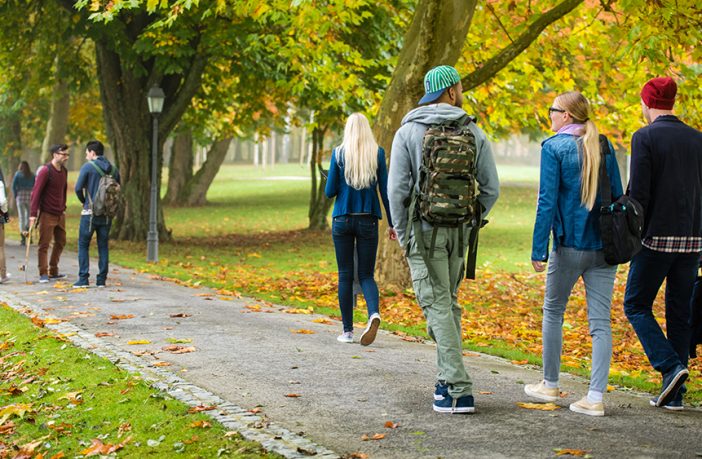On July 6, U.S. Immigration and Customs Enforcement (ICE) announced that foreign students studying in the United States on F-1 and M-1 visas would not be able to remain in the United States if their courses were entirely online for the fall 2020 semester. Universities, business groups, and corporations immediately criticized the move, denouncing the decision to enforce existing law as needlessly cruel and harmful. Under existing law, F-1 students cannot take more than one online class per semester, and M-1 students cannot take any.
The administration then abruptly rescinded that order on July 14, creating even more uncertainty. The rules reverted to prior guidance from the spring semester that permitted international students to remain in the U.S. if their universities went entirely online in response to the COVID-19 pandemic.
FAIR President Dan Stein remarked, “This, unfortunately, is yet another example of the administration caving to the pressure of the business lobby and open borders advocates who continue crafting the narrative that international students are somehow anything more than temporary visitors.”
No doubt many casual readers of the news found themselves confused. What role does ICE play in handling international student visas? Why is ICE – instead of U.S. Citizenship and Immigration Services (USCIS) – involved in student visas at all?
There is actually a good reason. The September 11, 2001 terrorist attacks revealed gaping holes in our country’s ability to enforce immigration laws, as well as visa program oversight. Each of the 19 men involved in the attacks obtained legal entry to the United States through nonimmigrant visas. In fact, one man responsible for the Pentagon attack – Hani Hanjour – came to the U.S. on a student visa. One of the co-conspirators of the 1993 World Trade Center bombing – Eyad Ismoil – also entered the United States on a student visa.
In an effort to ensure that this would never happen again, Congress created the Student and Exchange Visitor Program (SEVP) through the USA PATRIOT Act, passed in October 2001. The USA PATRIOT Act mandated that the Attorney General enforce section 641(a) of the 1996 Illegal Immigration Reform and Immigration Responsibility Act (IIRIRA). That section gives the Attorney General the power to monitor the activities of foreign students to ensure that another Hani Hanjour was not plotting an attack against the country while on a student visa. The law required the mandatory use of SEVP by educational entities by January 2003.
Shortly thereafter, Congress placed SEVP under the authority of ICE under the newly-created Department of Homeland Security (DHS), because it is ICE’s congressionally-mandated role to handle immigration-related homeland security investigations.
The need for vigilance in the student visa process has only increased in the ensuing years. In addition to the ongoing threat of foreign terrorism, the risks of espionage carried out by foreign nationals in the guise of students has become ever more evident. These risks, most prominently posed by the Chinese government, have become abundantly clear in recent years, with the potential to inflict grievous harm on the United States.
That is the short and simple reason why ICE – not USCIS – administers our student visa programs.




